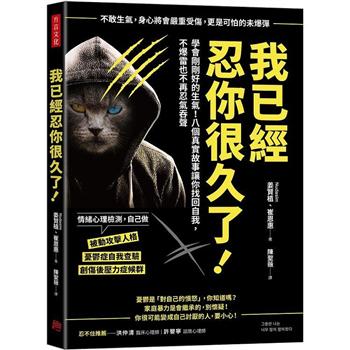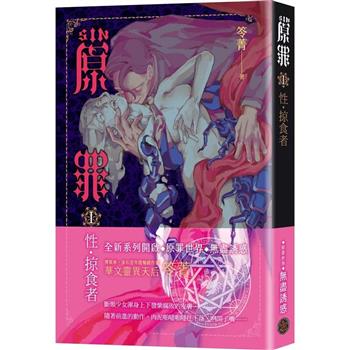Virginia Woolf and Bernard Shaw may be the odd couple of Twentieth Century modernism. Despite their difference in age (Shaw was twenty-six years older than Woolf), and public demeanor - Shaw sought public attention while Woolf shunned the spotlight - they actively held similar convictions on most of the pressing and controversial issues of the day. This book demonstrates that both engaged in social reform through the Fabian Society; both took public anti-war positions and paid dearly for it; both fought British censorship throughout most of their careers as writers; both sought to strengthen women’s rights; and both endeavored to revolutionize their respective art forms, believing that art could bring about positive social change. The main focus of the book, however, concerns how both also created interior authors - characters who write and who either self-censor their own works or highly publicized messages or are censored by their fellow characters. These fictional authors maybe considered reflections of their creators and their respective milieus and serve to illuminate the satisfactions and torments of each famous author during the writing process.
| FindBook |
|
有 1 項符合
tallent lenker的圖書 |
 |
$ 7799 | Bernard Shaw’s and Virginia Woolf’s Interior Authors: Censored and Modern
作者:Tallent Lenker 出版社:Palgrave MacMillan 出版日期:2024-05-10 語言:英文 規格:精裝 / 普通級/ 初版  看圖書介紹 看圖書介紹
|
|
|
內容簡介
作者簡介
Lagretta Tallent Lenker, Ph.D., retired from the University of South Florida, University College, USA, where she served as founding director of the Graduate Certificate Program, the Bachelor of General Studies, and other adult and professional programs. She has taught in the USF English Department where she specialized in early modern, modern, late Victorian, and American drama. She has written or edited eight books and numerous articles, primarily on the works of Christopher Marlowe, William Shakespeare and Bernard Shaw, including Fathers and Daughters in Shakespeare and Shaw (2001). She was guest editor of SHAW 28: Shaw and War. Five of Lenker’s books were co-edited with Dr. Sara M. Deats and focus on literature and social issues, including Aging and Identity: A Humanities Perspective (1999).
|











